R.F. Kuang’s latest release, Yellowface, was written to challenge the publishing industry, and it truly has. The book is forcing the industry to come to terms with some of the standards it has set and the way in which authors operate in this space. Below is a conversation R.F. Kuang had about the inspiration behind the book, its themes and the sharp turn from her previous books into contemporary fiction.
You’ve waded into some of the most explosive cultural and artistic questions of our time with this novel, particularly about cultural appropriation and exploitation, racism, diversity, tokenism, and who has the right to write about a particular subject or from a particular point of view. What inspired you to write it? And what gave you the courage to tackle issues that many writers and publishers are frankly terrified to address?
Yellowface was one of those stories that dropped into my head fully formed, like Athena springs from Zeus’s skull. I like to joke with my friends that when God starts ringing, you pick up the phone. This has only happened to me twice in my life – the second time was when I got the idea for my next fantasy novel, Katabasis – and what happens next is I start writing like mad before the fire dies out. Of course there must have been a lot going on in my unconscious for that particular story to ferment like it did. I recall it was in early 2021, while publishing was still being rocked by the movements of late 2020. The Publishing Paid me social media campaign had taken off, folks were sharing and comparing advances, and there was a lot of chatter across the board about how publishers had let down their BIPOC writers and readers. There was a lot of promise of change from the top. But by the time I started drafting in 2021, you could tell – there was something in the air – that this change was never going to materialize in any meaningful way. What we saw instead were some shallow, cosmetic changes; ornamental nods towards diversity. A few token opportunities; a few big “BIPOC books of the year.” I wanted to write something to spoke to that cyclical cynicism and the remarkable stability of the system to absorb the shockwaves of critique. If anything, the system only turns critique into another way to profit. Yellowface is a fundamentally pessimistic story, because it lays out this horrific scandal and then displays how that scandal in itself becomes another easily packaged consumer product. Who controls the narrative, really? When all the dust has settled, does anything ever really change? What would it take – how bad would things have to get – to really break down the system? In that sense Yellowface is not so thematically different from Babel, although their style and tone are worlds apart.
You’ve made a change of genre from your bestselling Poppy War trilogy and your novel Babel, which all had major historical as well as supernatural or fantastical elements. Although Yellowface is in some sense a ghost story, there are no truly supernatural or fantastical elements here, and it’s almost totally a contemporary story. Why did you decide to make a transition toward greater realism and contemporary focus with this book?
My editors are used to this from me by now – I don’t like playing in the same playground more than once. After wrapping up the Poppy War trilogy, I was so sick of working within the same world with the set of character for four years that I was thrilled to get to change things up entirely. Babel marks a massive tonal shift away from the pacy, action-driven voice of The Poppy War towards a ponderous, footnote- laden Dickensian pastiche. Similarly Yellowface is its own palate cleanser. After laboring over two hundred thousand words of etymology and Victorian social conventions, I wanted to write the complete opposite – something incredibly contemporary, with the zippy, ridiculous voice of your bitchy best friend catching you up on the latest Twitter scandal. I wanted to write the kind of book you sit down and read in a single afternoon because you can’t look away. I have so much fun experimenting with different voice. I like when artists take risks and try on new personalities. I don’t think I’ll ever stop reinventing myself with every new album. (And Yellowface, too, has a lot to say about how authors invent themselves to suit the needs of their books!)
When June’s credibility starts to crack, she is furiously attacked by the “cancel culture” mobs on Twitter, Instagram, TikTok, and all the other platforms. How she handles that is an important piece of your story, as you explore how the tumultuous and fickle online culture is now a major factor in virtually every author’s life. How can authors possibly juggle this kind of digital whipsawing and emotional battering with actually writing books? Is this sustainable in the long run, for individual writers or the publishing industry as a whole? Is this part of the reason why June has the sense that fame is so quickly fleeting in the contemporary publishing world?
I feel very strongly that we should all be a lot less online. I can understand why the current publishing climate pushes writers to be on social media all the time. Obviously you want to communicate to your readers and build a fanbase! Obviously you want to show off your pretty cover art and special editions! There’s also a clear community benefit as well – writing is such a solitary activity, and it can be wonderful to find peers who are facing the same obstacles as you are. I’ve met a lot of my confidantes through online groups before we first met in person. At the same, I see this worrying trend that debut writers must all follow the same script – you must perform the same way, you must publicize and celebrate every publishing milestone, you must share snippets of your works in progress, you must loudly boost others in your group, otherwise you are antisocial in some way. If that works for you, great! But I have spoken to so many writers who feel more discouraged and freaked out by this social economy than anything else. The constant comparison and subtle disparaging (“Oh, you didn’t get a print galley or a hardcover release? Then you must be doing something wrong”) is horribly discouraging. A lot of cruelty goes on in those private chats. And I haven’t even touched on the very dangerous and tricky territory of authors having access to reader opinions. Everyone says not to go on Goodreads, but it takes incredible willpower not to follow that advice. Finally, we are in a cultural moment where critiquing a book gets wrapped up in critiquing every aspect of the author’s online existence. I don’t know how good this is for our reading culture. All this to say, I’m on social media a lot less these days than I ever was and that’s only done good things for my mental health.
Should readers feel sympathetic to June in any way?
Oh, yes! She did it to herself, but yes.
It won’t be lost on your readers that there are some clear parallels between you and Athena. You also have had enormous commercial and literary success as an Asian-American writer at a very young age. And as you portray her, Athena is definitely no saint, as talented as she is. Is this book in some sense an effort to reckon with your own literary trajectory, get some perspective on it and maybe establish some distance between you and your professional literary persona?
Athena is a way for me to wrestle with my deepest insecurities. She is my worst nightmare! To begin with, I didn’t have the same overnight success that she did – the early phases of my career actually felt a lot more like June’s. Since I’ve had that very slow and steady career build, I’ve been able to experience all sides of the industry, and I know how it feels to be treated differently because people write you off as insignificant. For Athena, however, everything has come easy – and that’s certainly messed with her sense of self, and how she treats others. I mention how hostile she has always been to younger Asian American writers, and how she never sends the ladder down to help others up. She’s used to being the only successful Asian American woman in the room; she’s afraid of anyone taking her place because then she won’t be so special. Meanwhile, she’s become trapped by her own success. She made her name by presenting her own culture and history in a certain way – she profits by acting as a cultural broker. Had she lived, would she have ever been allowed to write about anything else? I don’t say all this just to villainize her. Athena is also debilitatingly lonely – why else would she spend so much time with June? She is in part a product of the highly competitive, extremely public writing ecosystem we live in now, and she’s therefore riddled by many of the same fears and insecurities that June is. Writing her helps me remind me of all the things I don’t want to be, and how I can practice different forms of community.
In response to charges of cultural appropriation and exploitation, publishers have started taking preemptive measures like using “sensitivity readers.” What are they? When and how are they used?
I had a very good experience with authenticity readers while Babel was in production. I approached it not so much a way to avoid trouble as it was a way to deepen and enrich the text. I treated my readers as collaborators who helped make Babel a truly representational, community effort. And they made the novel much better – I learned cultural and linguistic details that the novel would have suffered without. I think sensitivity reads go wrong more often when authors and publishers are just trying to find someone to function as a scapegoat. “This book can’t be racist because we had a BIPOC sensitivity reader!” I think that the way June describes sensitivity reads in the novel is precisely the wrong way to go about things. There are some great contemporary debates about standpoint epistemology that get to the heart of why sensitivity reads aren’t a catch-all solution.
Three years ago, there was an uproar about the book American Dirt, a bestselling novel about a Mexican immigrant mother and child by a white American woman, a well-respected author, who claimed a minor amount of Latino heritage. Did that incident inform your book at all?
Of course. I don’t think you could be a BIPOC author in publishing and not hear about it. It had a lot of us thinking about how diversity in publishing is often not a good-faith effort to engage with difference, but to profit off of perceived distance.
Although your book is not focused on politics per se at all, do you think the current literary culture that sees truth as infinitely fluid reflects the contemporary political culture? Is there a feedback loop between them?
I’m not just writing about the fluidity of truth and the importance of narrative control, but also this worrying trend of the neoliberal cooption of tools – discursive and otherwise – originally constructed for radical purposes. Olufemi Taiwo’s Elite Capture has guided much of my thinking on this. What conditions have to exist for a white writer like June to think there is some social or cultural capital associated with pretending to be Asian? How have racial identity and diversity here become commodities that can be coopted?
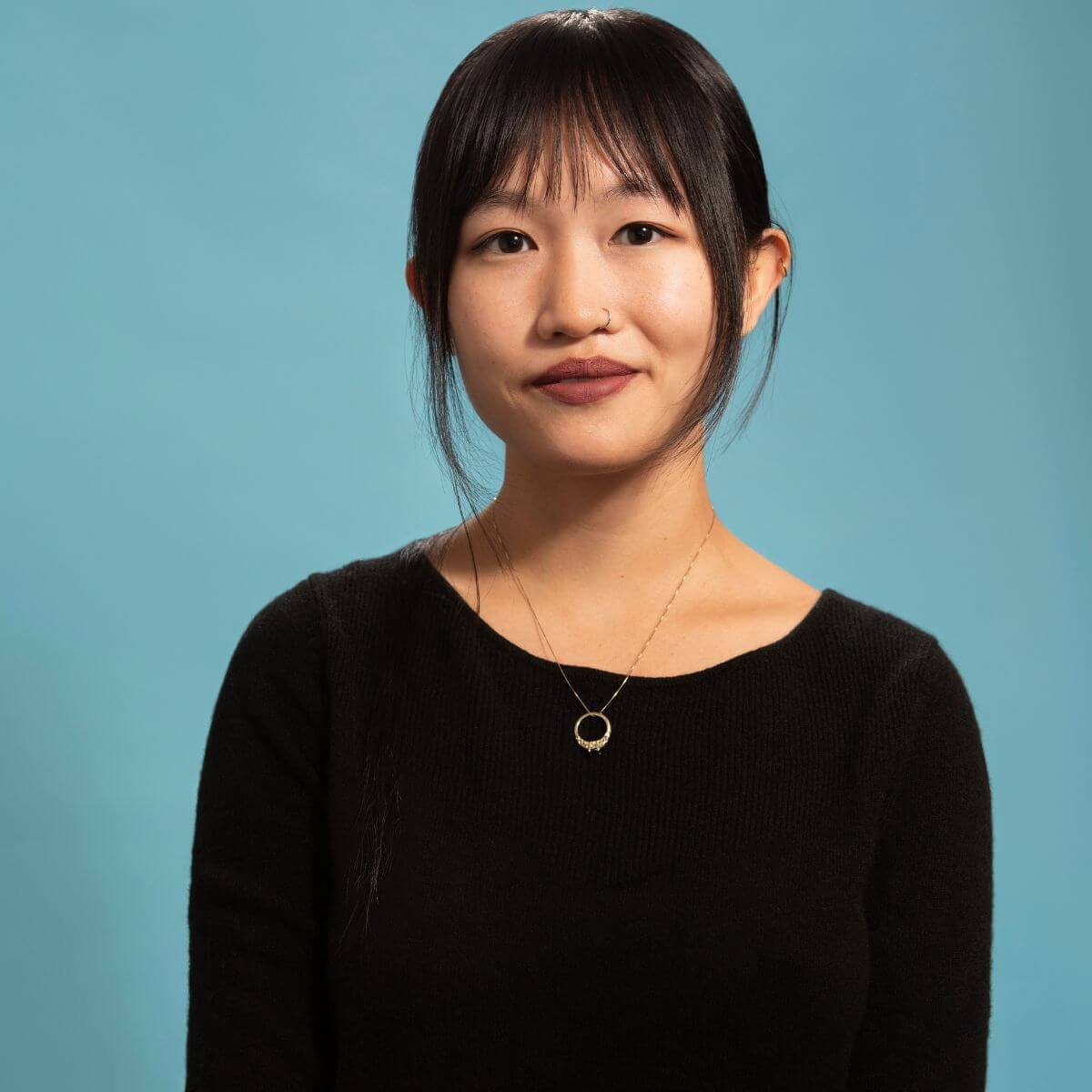
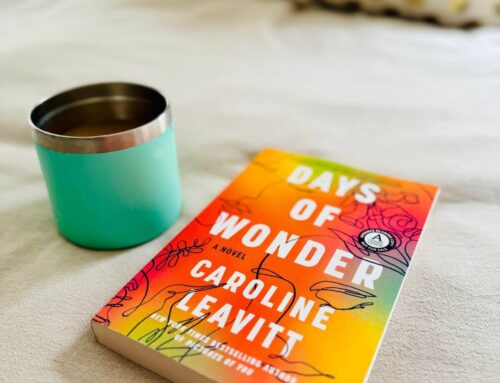
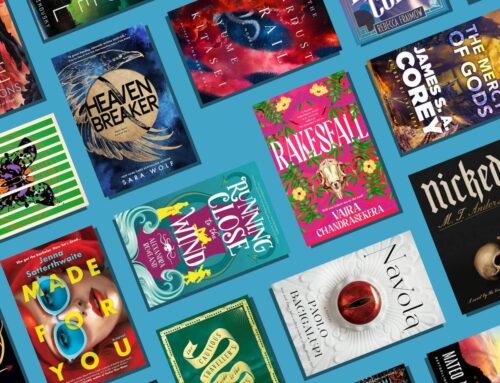

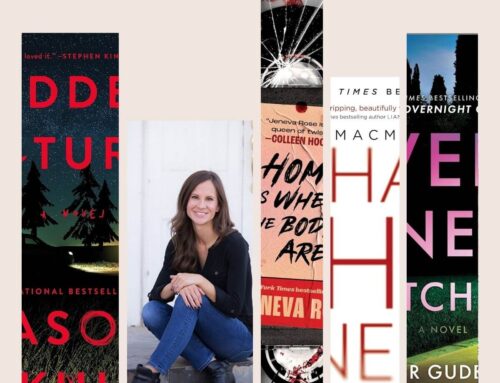
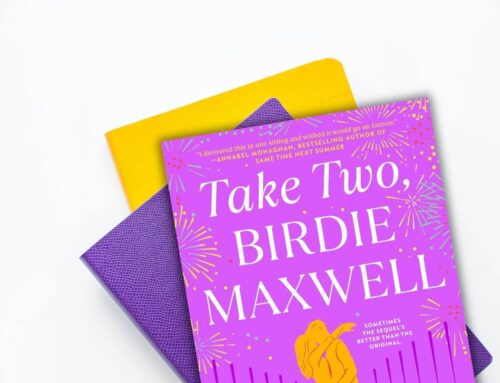

Leave A Comment